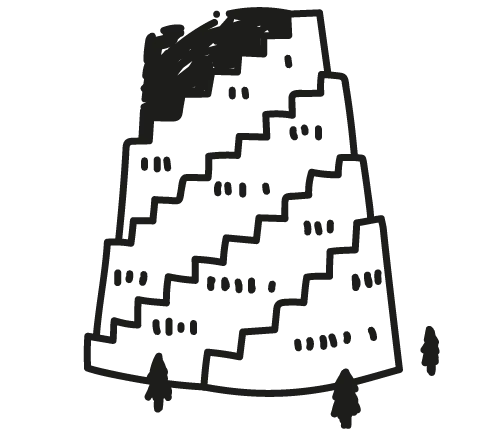Issue One
-
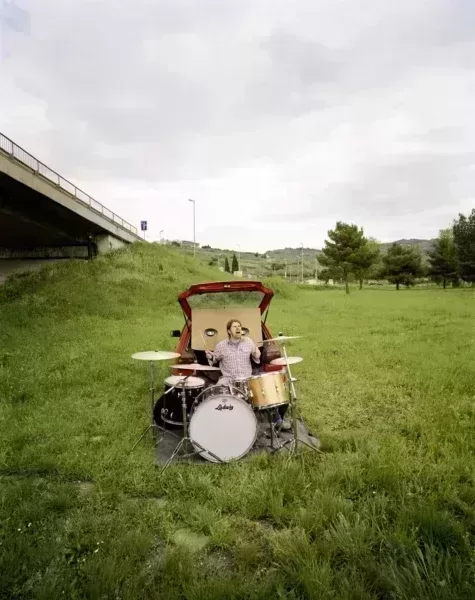
Place, non-place, placeThis article is available for Members only. Check out our subscription plans to become a member.
published in
« What happened was that we were driving on the highway from Izola towards Koper when we saw a drummer on the side of the road. So I immediately drove to the side of the road and reversed my car and asked if I could take some pictures. »
-
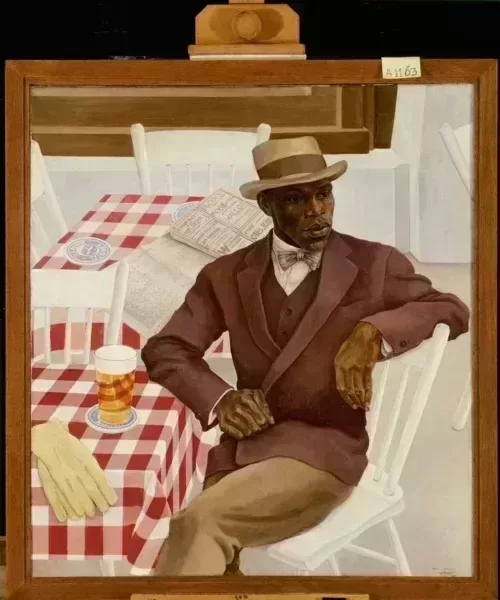
Ballad of a Homburg hatThis article is available for Members only. Check out our subscription plans to become a member.
published in
On racial metonymy and the art of misidentification. (Meanwhile: has a glass of beer ever been more crisply and deliciously depicted? Has the froth of a European pilsner ever looked so delectable?)
-
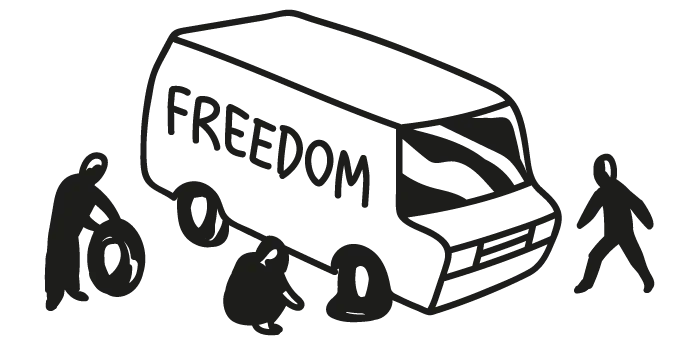
The prodigal half-roosterThis article is available for Members only. Check out our subscription plans to become a member.
published in
Maggie Nelson’s On Freedom and Lea Ypi’s Free spoke past one another from half a world away. But both ask whether freedoms mean anything if they are not practiced in public, and if they are not passed on — and whether the word « freedom » means anything at all.
-
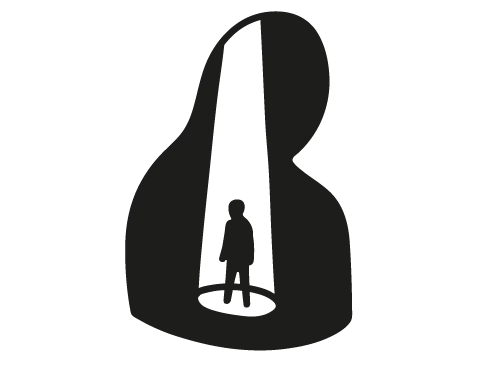
The void that fills the voidThis article is available for Members only. Check out our subscription plans to become a member.
published in
Relics, and the places devoted to their worship, dotted the map of Europe and the Middle East. Saints, like today’s celebrities, were both omnipresent and faraway, once-vulnerable people who became something more than human.
-
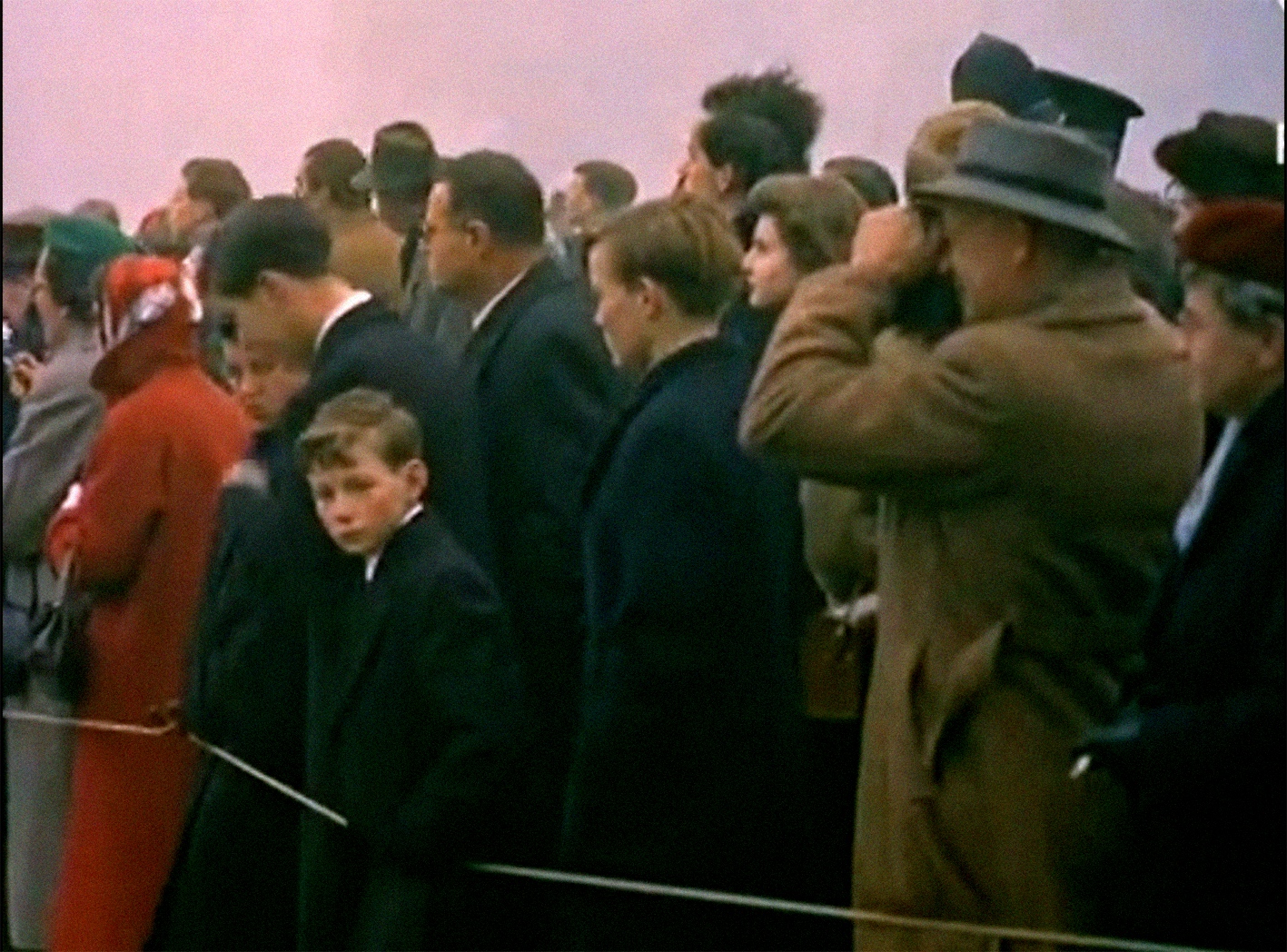
Why we writeThis article is available for Members only. Check out our subscription plans to become a member.
published in
A letter to George Orwell. « All narrative is hypnotic. Some narratives are more hypnotic than others. Because of you, we can be conscious of the kinds and the workings of the narratives that set out to deaden us, lessen us, make us lie, make us part of the lie. »
-
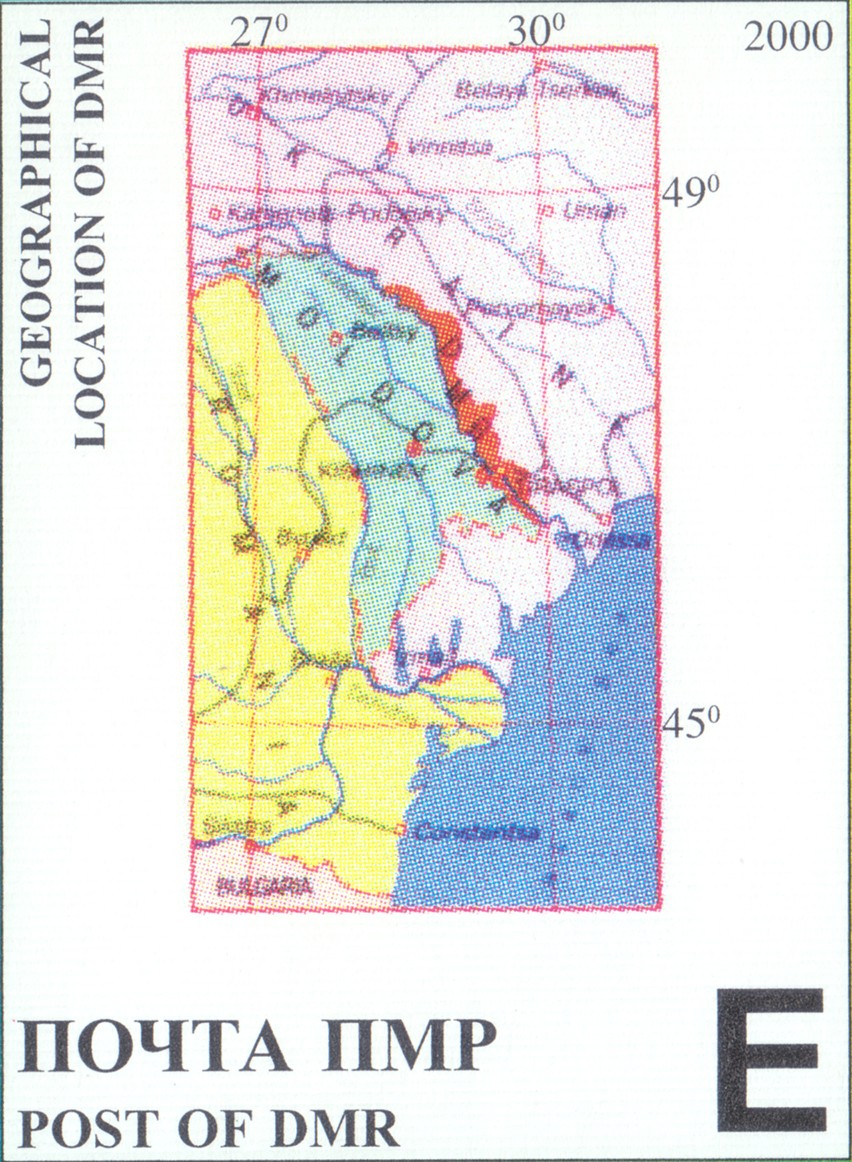
Unclaimed, claimed, unclaimableThis article is available for Members only. Check out our subscription plans to become a member.
published in
On unrecognized states, micronations and curious border zones.
-
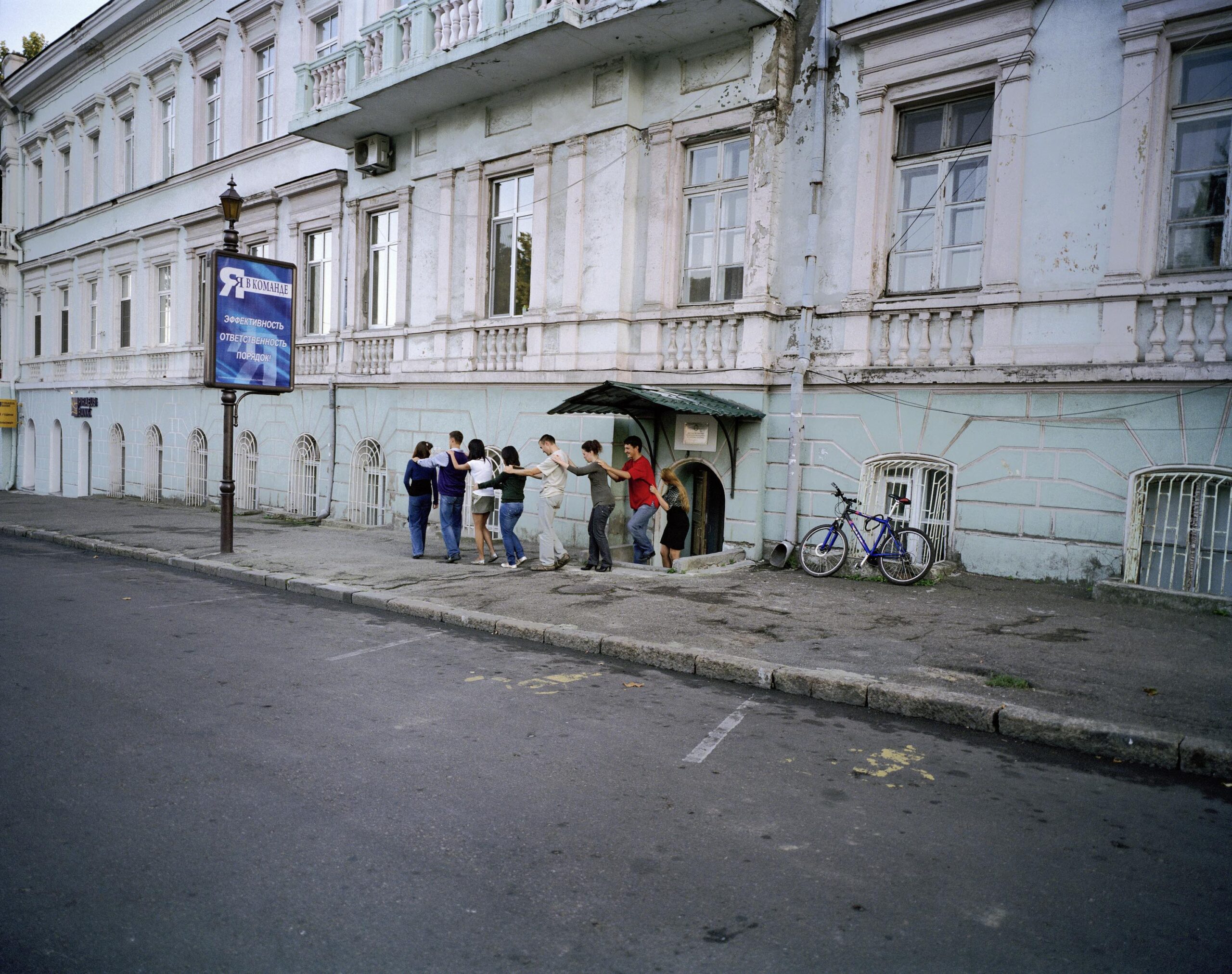
Ukraine yesterday & tomorrow
published in
Ukraine didn’t become an epicenter of world history all of a sudden; it became an epicenter again.
-
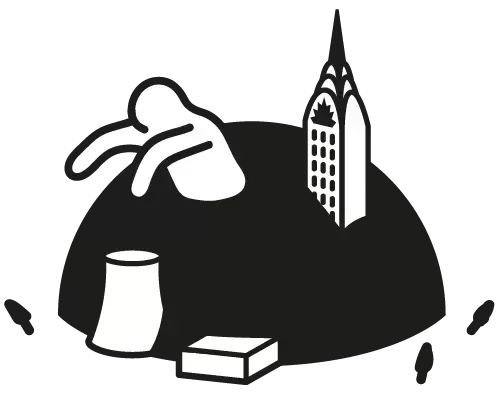
It wasn’t the beerThis article is available for Members only. Check out our subscription plans to become a member.
published in
How could it be that despite decades of rigorous European unification, of open borders and largely adjusted standards of living, a virus was able to kill up to 40 times more people in one country than in another, only a few hundred kilometers away?
-
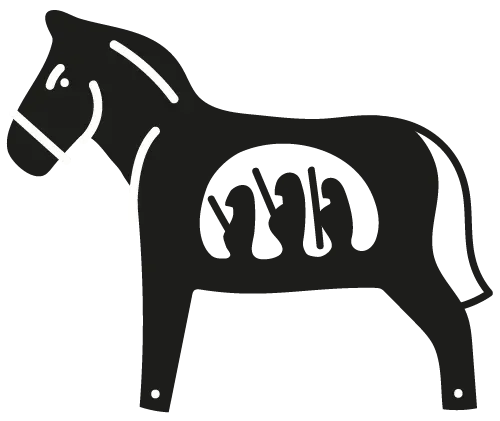
Eat the dustThis article is available for Members only. Check out our subscription plans to become a member.
published in
Søren Kierkegaard compared reading reviews of his books to « the long martyrdom of being trampled to death by geese. » What martyrdoms does today’s bookishness portend?
-
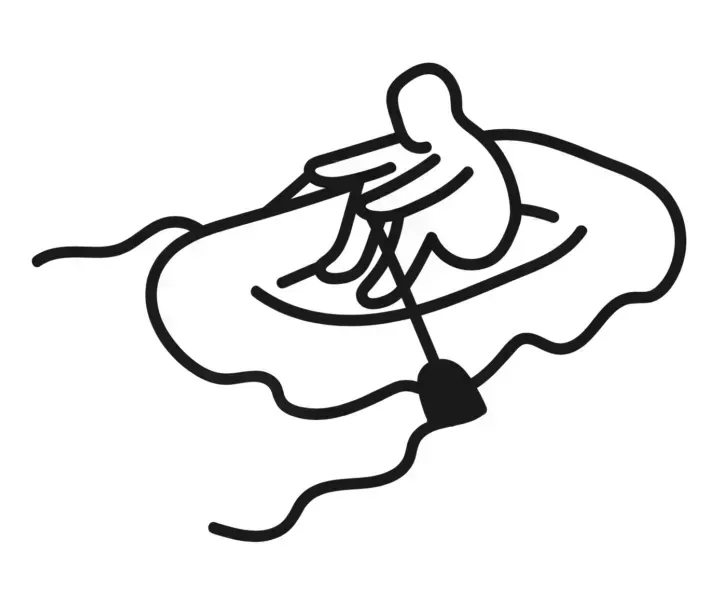
Beyond thalassophobiaThis article is available for Members only. Check out our subscription plans to become a member.
published in
German vice-chancellor Robert Habeck has more than twenty books to his name. It is tempting to read his fiction for glimpses of Green political futures, and his literary criticism for similar clues. How experimental can a literary politician be?
-
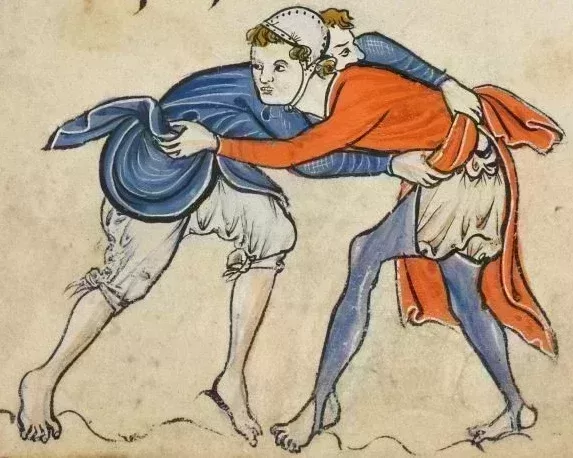
How to write; or, how to insultThis article is available for Members only. Check out our subscription plans to become a member.
published in
Shoulders were slapped, fingers pointed, hearts fired up. Perhaps a little scuffle broke out after class, a boisterous wrestling over insults exchanged. Nothing to be concerned about. Acquiring knowledge was, after all, a combative affair.
